|
Listen to or download this article:
|
 Award-winning Irish author Orna Ross has created a volume comprising the first two novels of The Irish Trilogy, drawing from her Irish birth and upbringing for a special grasp of the country’s history, how its wars and political strivings have affected its people directly, personally, over multiple generations.
Award-winning Irish author Orna Ross has created a volume comprising the first two novels of The Irish Trilogy, drawing from her Irish birth and upbringing for a special grasp of the country’s history, how its wars and political strivings have affected its people directly, personally, over multiple generations.
Her two books take on a span of time rooted in the early 1920s and delve deeply into the interlocking fate of the extended family and ancestry of Jo Devereux. Jo, the book’s central narrator, leaves Ireland in her twenties, only returning in her forties in 1995 when she learns that her mother is near death.
The journey back will draw her into the family’s complex relationships, and reacquaint her with Rory, her former, and perhaps only, true love.
Reading through old family papers, Jo will find out more about her mother, her grandmother, and some of the men from her past. These family secrets are compelling and often painful, driving Jo to discover more, eventually uncovering a murder with people she knew and cared for possibly at its center.
Underpinning the drama among her closest and most cherished people is her growing understanding of her home country. Ireland’s war for independence from England has always found most emphasis in its popular lore, but the far-less publicized conflict that followed, the Civil War, may have killed more people than the one that preceded it and lingers even today in bitter memory.
Jo will have to absorb all of these revelations about her forebears while she copes with the ever-changing modern culture in her new home of San Francisco.
The insider’s gaze at 1960s gay culture and feminism are significant sidebars in both past and present portions of Ross’s vibrant and varied narrative. The book ends with Jo contemplating her future, with some crucial questions yet unanswered, begging a sequel.
Ross is a highly practiced wordsmith; this series has already garnered recognition, awards, and the attention of the media.
She is able to mix, match and contrast evocative elements of romance, warfare, women’s rights, men’s feelings, historical nuance, and human-scale humor (especially highlighting that aspect of the Irish conversational flow), all in their appropriate historical niches, developed deftly to keep her story in full motion. This is a book for dedicated readers of any age or clime and will have them waiting attentively for the final installment.






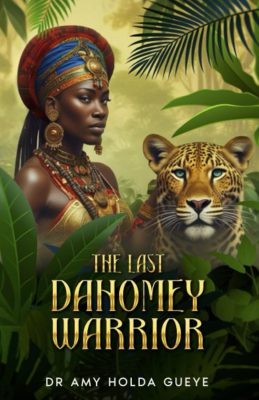
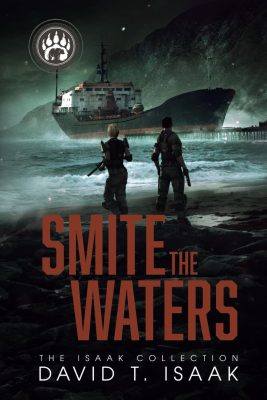
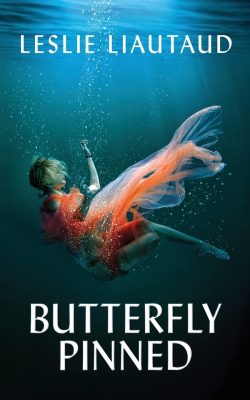
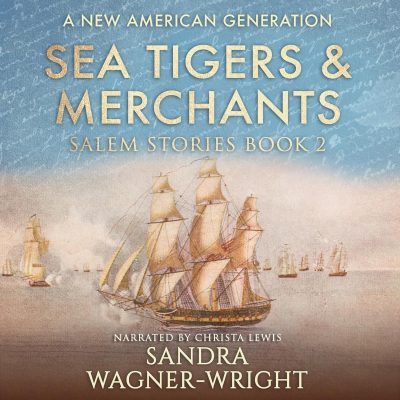
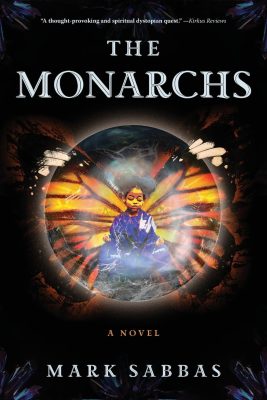
Leave A Comment